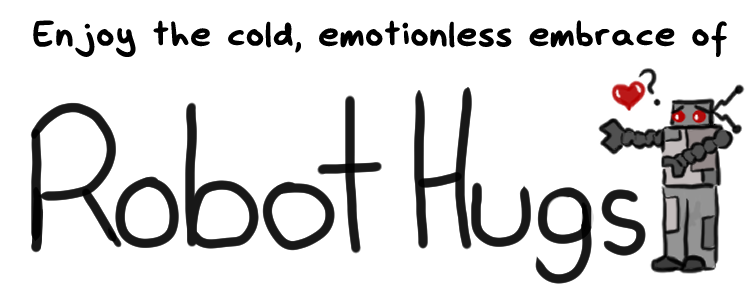Dewey deracialized: A critical race-theoretic perspective (PDF)
Selfing as, with, and without othering: Dialogical (im)possibilities with Dialogical Self Theory - Aydan Gülerce (abstract only, sorry) Truth and Reconciliation Committee of Canada Report Findings Durand, Rodolphe and Paolella, Lionel, Category Stretching: Reorienting Research on Categories in Strategy, Entrepreneurship, and Organization Theory (full DL available)
Ok, wait. Here’s the thing.
Yes?
Marginalization, erasure, and invisibility of peoples’ identities is bad.
Yup.
And Other is an invisible category that captures things that don’t belong. So Other as a category contributes to making identities invisible, and reinforcing normative, ‘named’ identities.
Sure.
But.. we talked about the Cycle of Surveillance 3 chapters ago. If you’re de-Othered, you’re identifiable to surveillance systems. If you’re identifiable, you’re participating in systems designed to control you.
Mhm…
Plus, participating in that system invariably means you’re creating and contributing to new norms and creating new opportunities for oppression and othering.
Yup.
So what do we do?? If we are Others, we don’t exist, but when we are identifiable, we become surfaces for control. This isn’t fair! It’s not like we can choose not to participate! Interacting with information systems is impossible to avoid.
There are always options! You can always consider…
Methods of Resistance.
Queer your information!
Resist the easy answer and create trouble, questions, uncertainty, and ambiguity. Resist or insist on how you do or don’t want to be recorded. Make the processing of your information require critical choices about the language, category, structure, and intent of the system.
Gender:
Male
Female
Other: Male
I identify as male but resent and reject any system that considers male and female as default. To a system that marginalizes gender minorities, I do not want to participate as a default category, so I’m taking a position as Other. I know they won’t really do anything about this, but I like to shake the idea of default whenever I can.
Resist Dominant Narratives.
A way that Others are creates is when a dominant story or experience become how everyone is expected to experience the identity. The lack of visibility of different ways that identities can be expressed and felt creates an environment where one single narrative is reinforced and those who fall out of it are silenced or punished.
For example, the narrative of a [woman] being ‘trapped’ in a [man]’s body as become a dominant narrative for the trans experience, though many trans people experience their identity differently.
I’m not trapped! I love my body!
This narrative becomes harmful as it is continuously being used to describe and define that trans experience, creating a categorical norm to which group members are expected to conform.
Encourage the visibility and inclusion of diverse narratives, stories, experiences, and definitions for all identity groups, especially those who are often Othered.
Create avenues for self-identification.
IF you are capturing information about people, make sure there are options for them to self identify rather than forcing them to choose between imperfect options. Consider dropping the label ‘other’ and including more open fields.
Have methods for capturing and using selfed-information. Do not subsume it into larger, more normative categories.
Be a good information professional.
As an information professional, you must be aware of how information about people is created, stored , and used or misused.
Try to make sure that Others are not created or excluded, and design systems to be flexible, non-exclusive, and beneficial to the people they are trying to identify.
Make sure people don’t regret telling you who they are.
What purpose do you foresee for using information about peoples’ sexual orientation? I recommend dropping that field entirely.
Refuse to be categorized:
When possible, resist, refuse, opt out, disengage, decline. Refuse to participate in being pinned down.
Name*
Address
Email*
Phone
Refuse to be othered:
Create your own categories, descriptions, and identifiers. Create labels where there are none. Refuse to be invisible, refuse to be silenced, refuse to be part of a system that does not represent you. Make it accurate.
Marital Status:
Single
Married + Long term partner - Poly cohabiting triad
Separated
Divorced
Widowed
Those are pretty good methods. When do I use them?
Well, you decide whenever you are given an opportunity to give information:
Do I want to be identified
or
Do I want to be othered or unidentifiable?
I need to give accurate information to access vital services
I will not become a new marketing target
I disagree with the framing, language, or intent of this system
This is legally required.
We have more power as unknowns than as labels
They need to recognize that we exist!
What do I want to illuminate or reveal about this system?
This sounds exhausting!
It is. Resistance is always exhausting, and it can have consequences. The trick is to choose your targets and work with those - no one expects you to be an information revolutionary all the time.
Well, ok then!
I’m going to be more careful about making sure that my information is representative and descriptive.
Great! I’m going to resist and refuse categorization, and insist on my Otherness!
See you around! Other
Don’t be a stranger! Each





